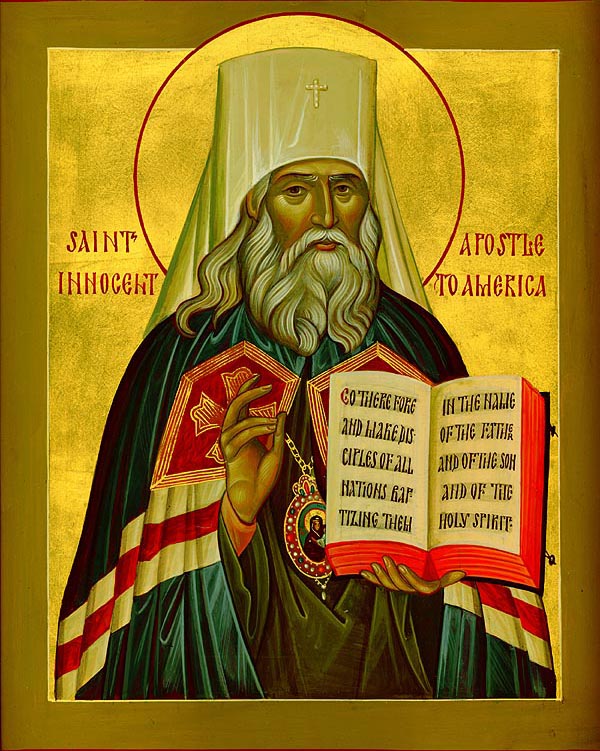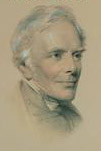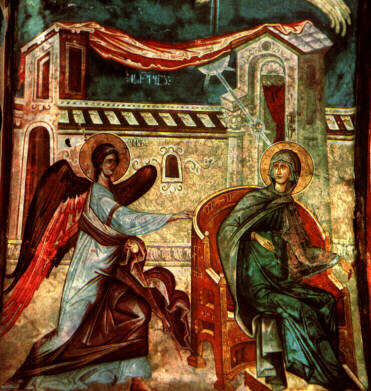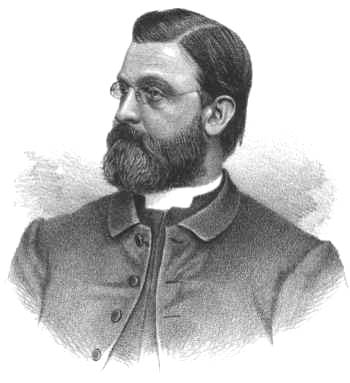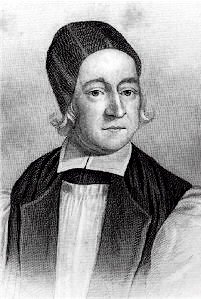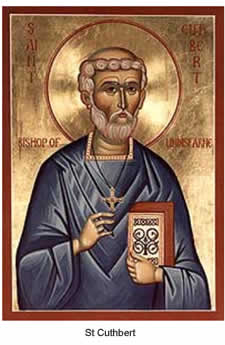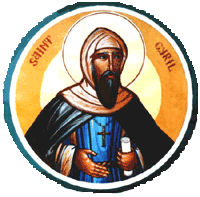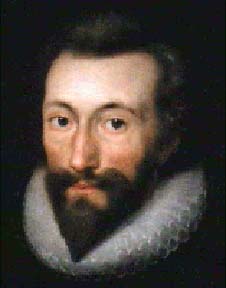
John Donne was the most outstanding of the English Metaphysical Poets and a churchman famous for his spellbinding sermons. His poetry is noted for its ingenious fusion of wit and seriousness and represents a shift from classical models toward a more personal style.
Donne was born in London to a prominent Roman Catholic family but converted to Anglicanism during the 1590s. At the age of 11 he entered the University of Oxford, where he studied for three years. According to some accounts, he spent the next three years at the University of Cambridge but took no degree at either university. He began the study of law at Lincoln's Inn, London, in 1592, and he seemed destined for a legal or diplomatic career. In 1596, Donne joined the naval expedition that Robert Devereux, 2nd Earl of Essex, led against Cádiz, Spain. On his return to England, Donne was appointed private secretary to Sir Thomas Egerton, Keeper of the Great Seal, in 1598. Donne's secret marriage in 1601 to Egerton's niece, Anne More, resulted in his dismissal from this position and in a brief imprisonment. The poet, in a characteristic pun, later summed up the experience: "John Donne, Anne Donne, Undone."
During the next few years Donne made a meager living as a lawyer, serving chiefly as counsel for Thomas Morton, an anti-Roman Catholic pamphleteer. Donne may have collaborated with Morton in writing pamphlets that appeared under Morton's name from 1604 to 1607. Donne's principal literary accomplishments during this period were Divine Poems (1607) and the prose work Biathanatos (c. 1608, posthumously published 1644), a half-serious extenuation of suicides, in which he argued that suicide is not intrinsically sinful. In 1608 a reconciliation was effected between Donne and his father-in-law, and his wife received a much-needed dowry. His next work, Pseudo-Martyr (1610), is a prose treatise maintaining that English Roman Catholics could, without breach of their religious loyalty, pledge an oath of allegiance to James I, king of England. This work won him the favor of the king. Donne became a priest of the Anglican church in 1615 and was appointed royal chaplain later that year. In 1621 was named dean of St. Paul's Cathedral. He attained eminence as a preacher, delivering sermons that are regarded as the most brilliant and eloquent of his time.
Donne's poetry embraces a wide range of secular and religious subjects. He wrote cynical verse about inconstancy (for example, Go and catch a falling star and I can love both fair and brown); poems about true love, such as The Good-Morrow and Sweetest love, I do not go/For weariness of thee; Neoplatonic lyrics on the mystical union of lovers' souls and bodies, such as Air and Angels and The Ecstasy; brilliant satires; hymns and holy sonnets depicting his own spiritual struggles, such as A Hymn to God the Father, Batter my heart, three-personed God, and I am a little world made cunningly, in which he begs God to purge him of sin. The two Anniversaries--An Anatomy of the World (1611) and Of the Progress of the Soul (1612)--are elegies for 15-year-old Elizabeth Drury, whose death epitomized for Donne the decay of the world, physically and morally, and whose entry into heaven heralded its potential regeneration.
It was formerly assumed that Donne's poetry reflected the growth of "Jack Donne" libertine into "Dr. John Donne," the somber dean of St. Paul's; that sensual love poetry typified his youth, while obsessive thoughts of sin and death characterized his later career. Except for the Anniversaries, however, nearly all his poems were published posthumously and cannot be dated. Moreover, whatever the subject, they reveal the same characteristics that typified the work of the metaphysical poets: dazzling wordplay, often explicitly sexual; paradox; subtle argumentation; surprising contrasts; intricate psychological analysis; and striking imagery selected from nontraditional areas such as law, physiology, scholastic philosophy, and mathematics. (A Valediction: Forbidding Mourning contains the famous comparison of lovers' souls to the legs of a compass.) Samuel Johnson disapproved, for "the most heterogeneous ideas are yoked by violence together." But T. S. Eliot, who championed the metaphysicals in the 20th century, praised Donne and his followers for achieving a "unification of sensibility."
Donne's prose, almost equally metaphysical, ranks at least as high as his poetry. The Sermons, some 160 in all, are especially memorable for their imaginative explications of biblical passages and for their intense explorations of the themes of divine love and of the decay and resurrection of the body. Paradoxes and Problems (c. 1598) is a collection of playful demonstrations (for example, "A Defence of Women's Inconstancy" and "Why Puritans Make Long Sermons"). In Ignatius His Conclave (c. 1610), satirizing the Jesuits, Loyola is ejected from hell and ordered to colonize the moon, where he will do less harm.
Devotions upon Emergent Occasions (1624) is a powerful series of meditations, expostulations, and prayers in which Donne's serious sickness at the time becomes a microcosm wherein can be observed the stages of the world's spiritual disease. The work includes the celebrated reflection on the meaning of a distant funeral bell:
No man is an Iland, intire of it selfe; …
any man's death diminishes me, because I am involved in Mankinde; and therefore
never send to know for whom the bell tolls; It tolls for thee.
Donne was fully prepared for his own death. Having left his sickbed to deliver his last sermon, fittingly entitled "Death's Duel," he then returned home to pose for his portrait in a funeral shroud. He died a month later.
Propers for John Donne - Priest and Poet
------------------------------
The Collect.
Almighty God, the root and fountain of all being: Open our eyes to see, with thy servant John Donne, that whatsoever hath any being is a mirror in which we may behold thee; through Jesus Christ our Lord, who liveth and reigneth with thee and the Holy Ghost, one God, for ever and ever. Amen.
The Epistle - Wisdom 7:24+8:1.
For wisdom is more moving than any motion: she passeth and goeth through all things by reason of her pureness. Wisdom reacheth from one end to another mightily: and sweetly doth she order all things.
The Gospel - St. John 5:19-24.
Then answered Jesus and said unto them, Verily, verily, I say unto you, The Son can do nothing of himself, but what he seeth the Father do: for what things soever he doeth, these also doeth the Son likewise. For the Father loveth the Son, and sheweth him all things that himself doeth: and he will shew him greater works than these, that ye may marvel. For as the Father raiseth up the dead, and quickeneth them; even so the Son quickeneth whom he will. For the Father judgeth no man, but hath committed all judgment unto the Son: That all men should honour the Son, even as they honour the Father. He that honoureth not the Son honoureth not the Father which hath sent him. Verily, verily, I say unto you, He that heareth my word, and believeth on him that sent me, hath everlasting life, and shall not come into condemnation; but is passed from death unto life.
Reference and Resources:
http://en.wikipedia.org/wiki/John_Donne
http://www.trinitystores.com/?detail=37&artist=1
http://elvis.rowan.edu/~kilroy/JEK/03/31.html
http://ancientfaith.com/podcasts/paradosis/redemption_songs_john_donne/
http://www.prophezei.com/?p=618
†
